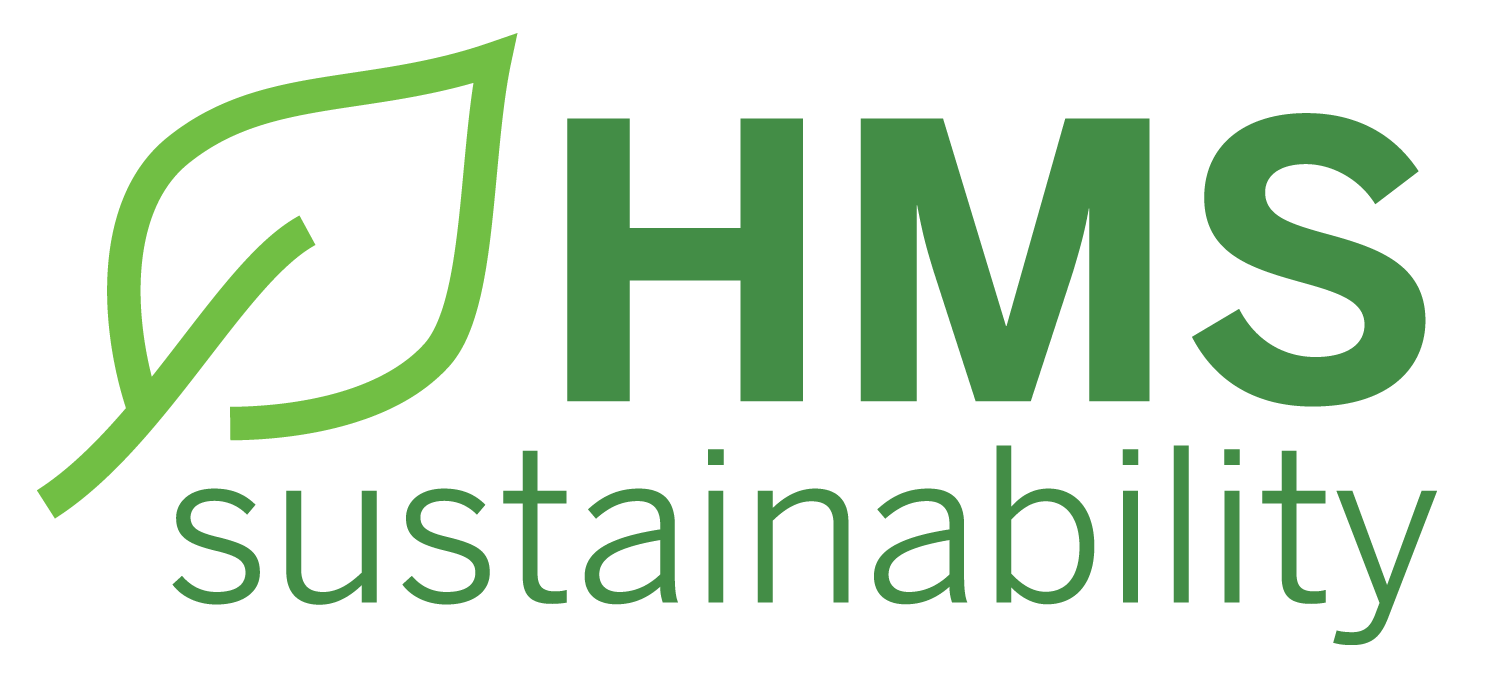 Looking to join our email list, hear about upcoming events, volunteer, or get regular updates from HMS Sustainability?
Looking to join our email list, hear about upcoming events, volunteer, or get regular updates from HMS Sustainability?
Contact us by email with any questions about the program or to join the distribution list: sustainability@hms.harvard.edu
What You Can Do
For Students
Students are vital drivers of sustainability at HMS. Your energy, ideas, and actions are key to achieving the university's environmental goals. Here's how you can make a difference:
- Join sustainability-focused student groups like the Council of Student Sustainability Leaders
- Participate in green challenges and events on campus
- Apply for Student Grants to fund your innovative sustainability projects
- Use reusable bottles, utensils, and bags
- Choose sustainable transportation options (bike, walk, public transit)
- Advocate for sustainability in your groups and classes
- Connect with the Salata Institute for Climate & Sustainability for interdisciplinary projects
For Offices
Small actions in our offices can make a big impact on sustainability. By choosing reusable, durable, and eco-friendly products, we can reduce waste and minimize negative effects on climate, health, and equity. The Harvard Office for Sustainability's Sustainable Office Guide offers a roadmap for workplaces to start their journey towards greater environmental responsibility.
- Implement paperless processes where possible
- Use energy-efficient settings on office equipment
- Promote proper recycling and composting practices in your department
- Suggest and support sustainable initiatives in your work area
- Choose products free from harmful chemicals (e.g., PFAS-free compostables)
- Prefer reusables and bulk items over disposables
- Select practical, long-lasting items for giveaways
- Share printers and other office equipment
- Optimize waste sorting with clear signage
- Implement energy-saving practices (e.g., powering down, using LEDs)
- Dispose of e-waste properly through IT and Facilities
- Donate unused supplies to campus reuse programs
- Use recycled or tree-free paper products
For Researchers
Medical research and healthcare practices are disproportionately high resource-intensity fields – often consuming 5-10 times more energy and producing up to 25 times more waste – resulting in an outsized contribution to environmental concerns.
Learn more about Green Lab resources and initiatives at HMS.
Visit the HMS Finance page on Sustainable Procurement for tools and tips to help your labs’ purchases be more sustainable.
- Foster a culture of sustainability and resource conservation within your lab team and across departments and neighbors
- Implement "Shut the Sash" practices for fume hoods and manage and maintain ultra-low temperature freezers
- Practice proper recycling, including specialized programs for lab plastics, gloves, and electronics
- Properly dispose of hazardous materials
- Utilize shared equipment to reduce energy consumption
- Install sink aerators, use water misers on autoclaves, and run equipment only when full
- Work with suppliers offering sustainable products, reduced packaging, and take-back programs
For Purchasers
Read the HU Sustainable Purchasing Guide: Empower your purchasing decisions with sustainability in mind using this resource from the Harvard University Office for Sustainability. This guide can help you transform your routine purchasing into impactful and environmentally conscious decisions.
- Harvard University Sustainable Purchasing Guide
- Plan your deliveries and opt for slower shipping to reduce emissions
- Estimate quantity needs accurately to minimize waste
- Prioritize reusables or certified compostables over other disposables
- Select vendors with ethical practices
- Invest in quality over quantity
- Purchase in bulk when appropriate to reduce packaging
- Ask before you buy new, can you borrow or share instead?
For Event Planners
By implementing best sustainability practices into everyday meetings and events, we take an important step to support the inclusive wellbeing of our community and others globally, both now and in the future.
- Read the full HU Sustainable Meeting & Event Guide
- Use digital invitations
- Offer plant-based options by default
- Provide clearly marked recycling and composting bins
- Use reusable dishware and utensils over disposable
- Encourage sustainable transportation to your events